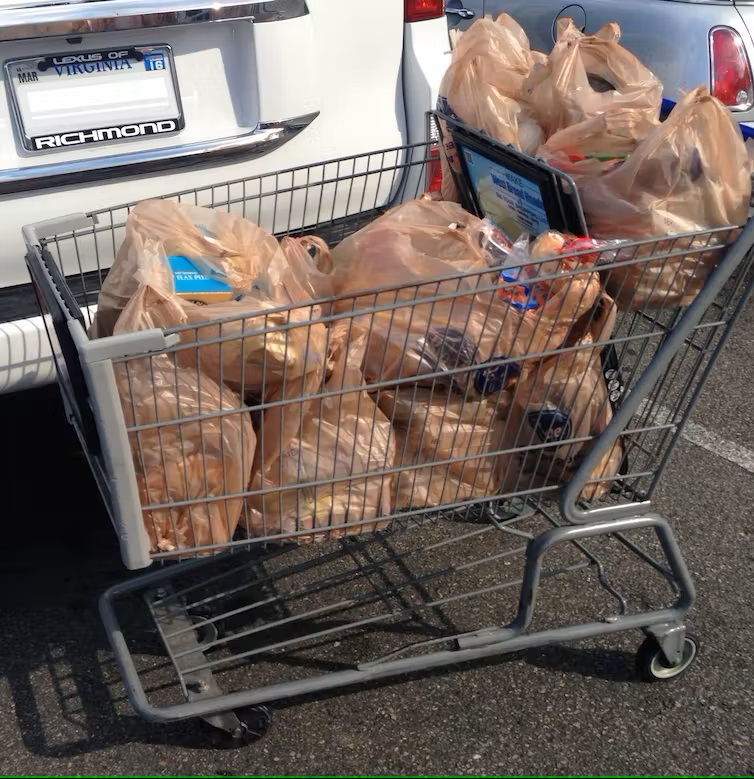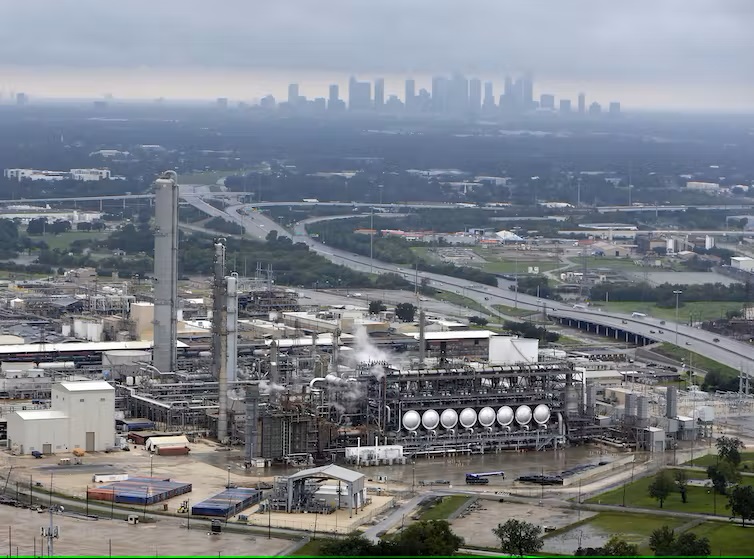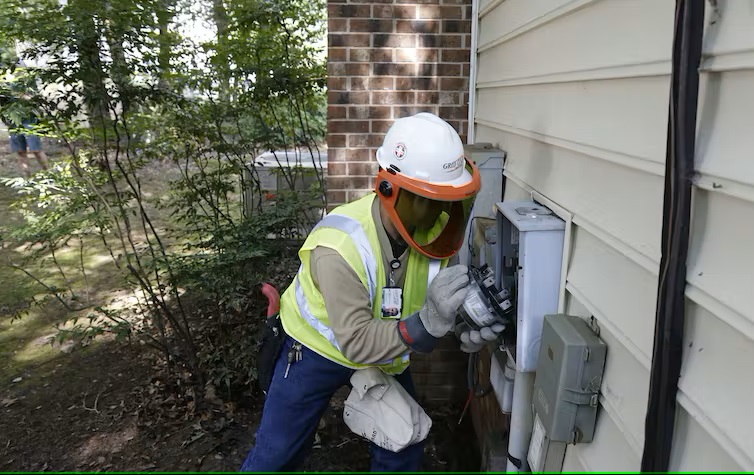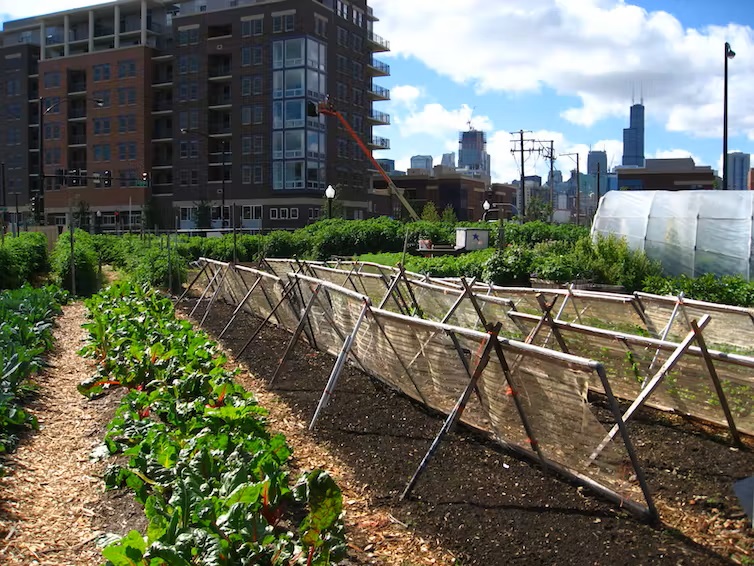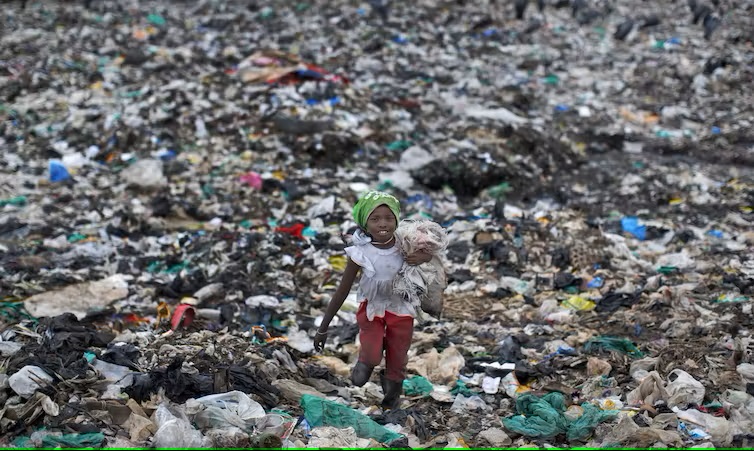When people downsize to tiny houses, they adopt more environmentally friendly lifestyles
Maria Saxton, Virginia Tech Interest is surging in tiny homes – livable dwelling units that typically measure under 400 square feet. Much of this interest is driven by media coverage that claims that living in tiny homes is good for the planet. It may seem intuitively obvious that downsizing to a tiny home would reduce […]
When people downsize to tiny houses, they adopt more environmentally friendly lifestyles Read More »





